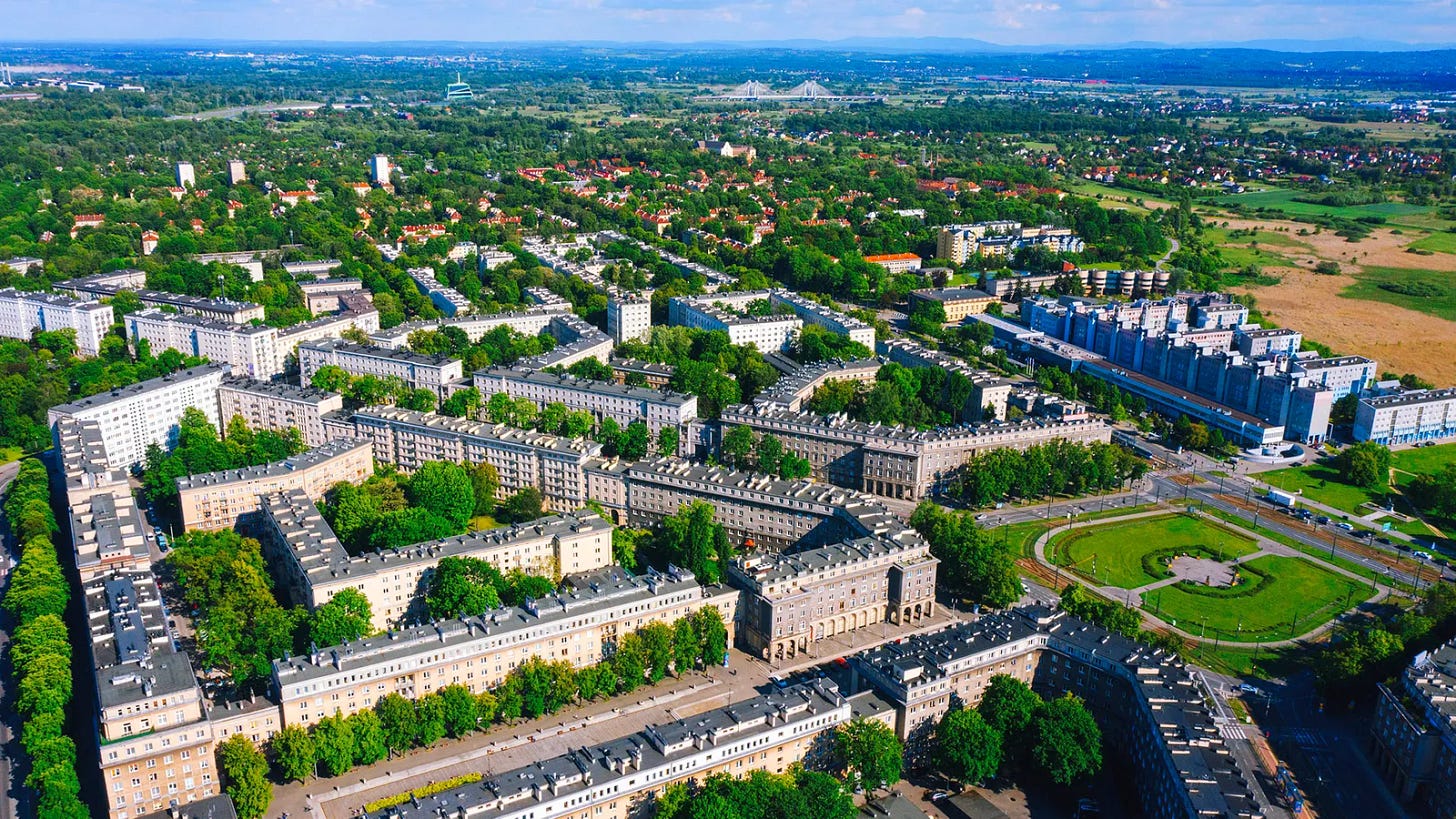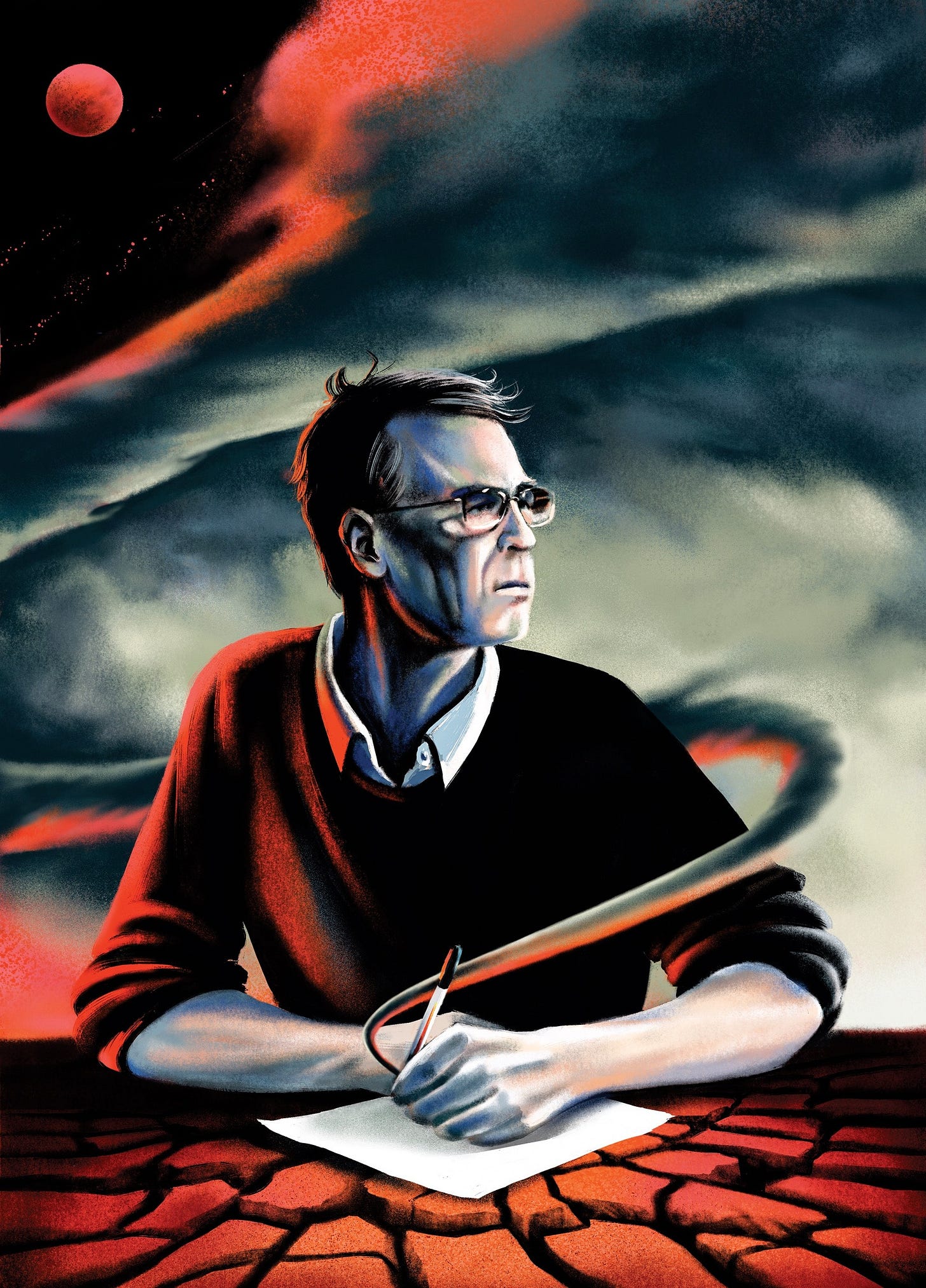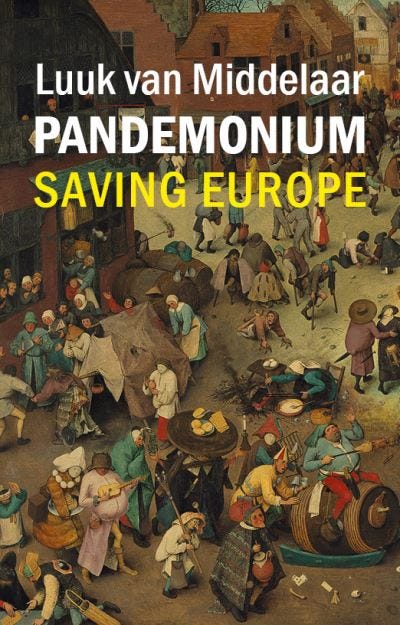Weekend Reading #2
Big tech spending, China vs the metaverse, coffee’s climate crunch, a gentrifying socialist utopia, Trump's small business base, Covid cronyism, Kim Stanley Robinson, Tooze vs van Middelaar & more
Thank you for supporting Fault Lines.
Tech’s relentless search for the next big thing
In 2020 America’s public and private spending on R&D added up to $713bn. In 2021 the Big Five spent $149bn, equivalent to roughly a quarter of that total. That is significantly higher than the largest single government R&D budget, that of the Pentagon.
America's tech giants are spending heroic sums in an effort to stay on top
China vs the Metaverse
Don’t believe the hype!
If the Metaverse will exist in China, I expect it will be an extremely lame creation heavily policed by the Propaganda Department. Xi’s speech on common prosperity in October noted that: “The rich and the poor in certain countries have become polarized with the collapse of the middle class. That has led to social disintegration, political polarization, and rampant populism.” The Metaverse, which represents yet another escape of American elites from the physical world, can only exacerbate social differences.
Coffee’s climate crunch
To grow coffee you need a particular set of conditions. The climate must be hot and wet, but never too hot or too wet. Land cannot be too steep and the soil must be rich and not too acidic. All this rules out most of the world and means ideal conditions for coffee-growing are relatively rare.
Climate change is expected to make such conditions even rarer. A team of scientists in Switzerland has estimated that areas deemed “highly-suitable” for coffee will decline by half by 2050, and the main producer countries like Brazil, Colombia and Vietnam will be hit especially hard.
Coffee may become more scarce and expensive thanks to climate change
Gentrifying a socialist utopia
Once a failed post-WW2 utopia, Krakow's Nowa Huta neighbourhood has found a new lease on life
Trump’s true believers aren’t the left behind
The Trump diehards who cut their teeth in the Tea Party were not wage workers, nor even misclassified independent contractors, but small businesspeople concentrated in the blue-collar residential construction sector and its white-collar satellite professions of homeware retail, real-estate services, mortgage brokerage, and accounting. It was the meteoric rise and fall of the small business sector—not the long saga of deindustrialization—that gave birth to the current cycle of far-right populism.
Family Capitalism and the Small Business Insurrection
Covid cronyism
Two years into the COVID-19 pandemic, and despite early warnings, Europe continues to use the crisis as an excuse for stagnating anti-corruption efforts and troubling decisions. Accountability and transparency measures are also being neglected or rolled back.
Europe stagnating on corruption
The bard of the Anthropocene
In the Victorian era, social novels, by Charles Dickens, Elizabeth Gaskell, and others, awakened us to poverty and injustice. Modern “naturalists,” like Émile Zola, took a scientific approach, following the causal chains of everyday life, which might link a kitchen stove to coal miners working underground. Robinson brings these traditions to bear on our future problems, combining them with an unusual narrative style designed to dramatize civilizational transformation.
Kim Stanley Robinson's 'anti-anti-utopianism'
Chimes at midnight
Between 1987 and 1991, the Clock reversed an astonishing 14 minutes in four years, as declining Cold War tensions allowed the great powers to conclude a series of international measures that provided significant protection against the threat of nuclear war. The time since 2020 – 100 seconds to midnight – has reflected the sheer instability of the global situation, and the failure of international institutions to respond to the ticking clock of existential risk.
Clash of the titans
Pandemonium is a short book but it is remarkable that Van Middelaar can write about Europe in 2020-21 without underscoring the central importance of climate policy.
This isn’t a minor omission. The Green Deal is essential to every aspect of the EU’s self-understanding. Its economic policy, its social policy, its revenues and expenditures – even its foreign policy – all refer back to the climate issue. The EU took ownership of the environment in the 1990s, the period that Van Middelaar rightly identifies as the formative moment of the modern European project. In the face of US withdrawal, the Europeans upheld the Kyoto Protocol. There would be no Cop process as we know it without Europe. Europe has been a testbed for renewable energy technologies and carbon pricing. Faced with the threat of a populist right, environmentalism has become the mantra of centrist Europeans both in Brussels and in national capitals. The hallmark of the European crisis response in 2020 was not improvisation but the opposite. Unlike the response in the US, where cash was doled out to maintain basic social cohesion, the foundation for common European action was a focus on digital modernisation and climate. This is not incidental. In the eyes of sceptical north Europeans, it is crucial to legitimising the common funding of the NextGenerationEU programme.
Adam Tooze: Van Middelaar’s climate blind-spot?
Let’s move to the country
These days, instead of purchasing a single-family home to live in, some younger consumers are setting their sights on vacation homes — often ones they plan to use only part of the time and rent out the rest.
For Some Millennial Homeowners, the Vacation House Is the New Starter Home











